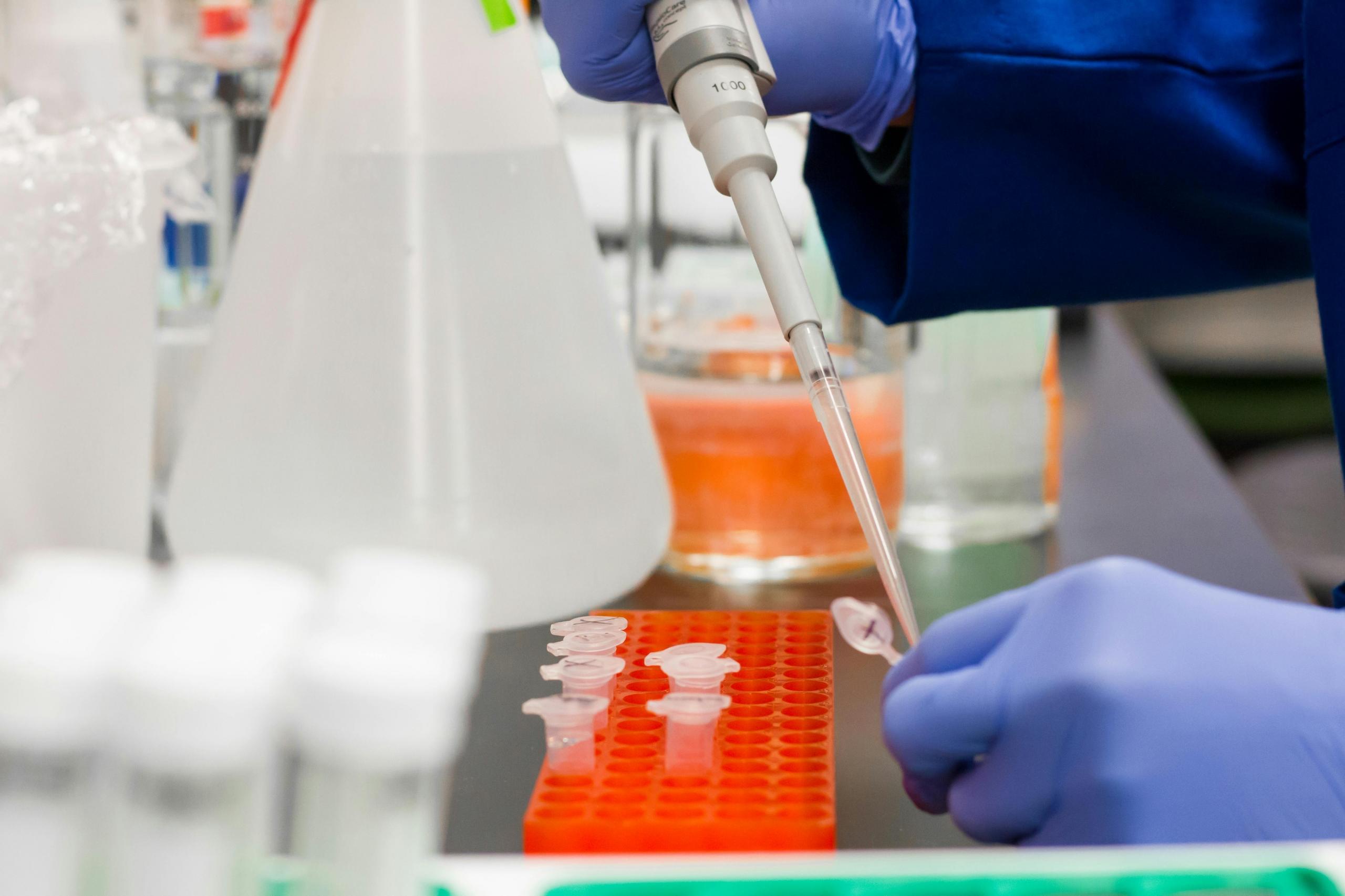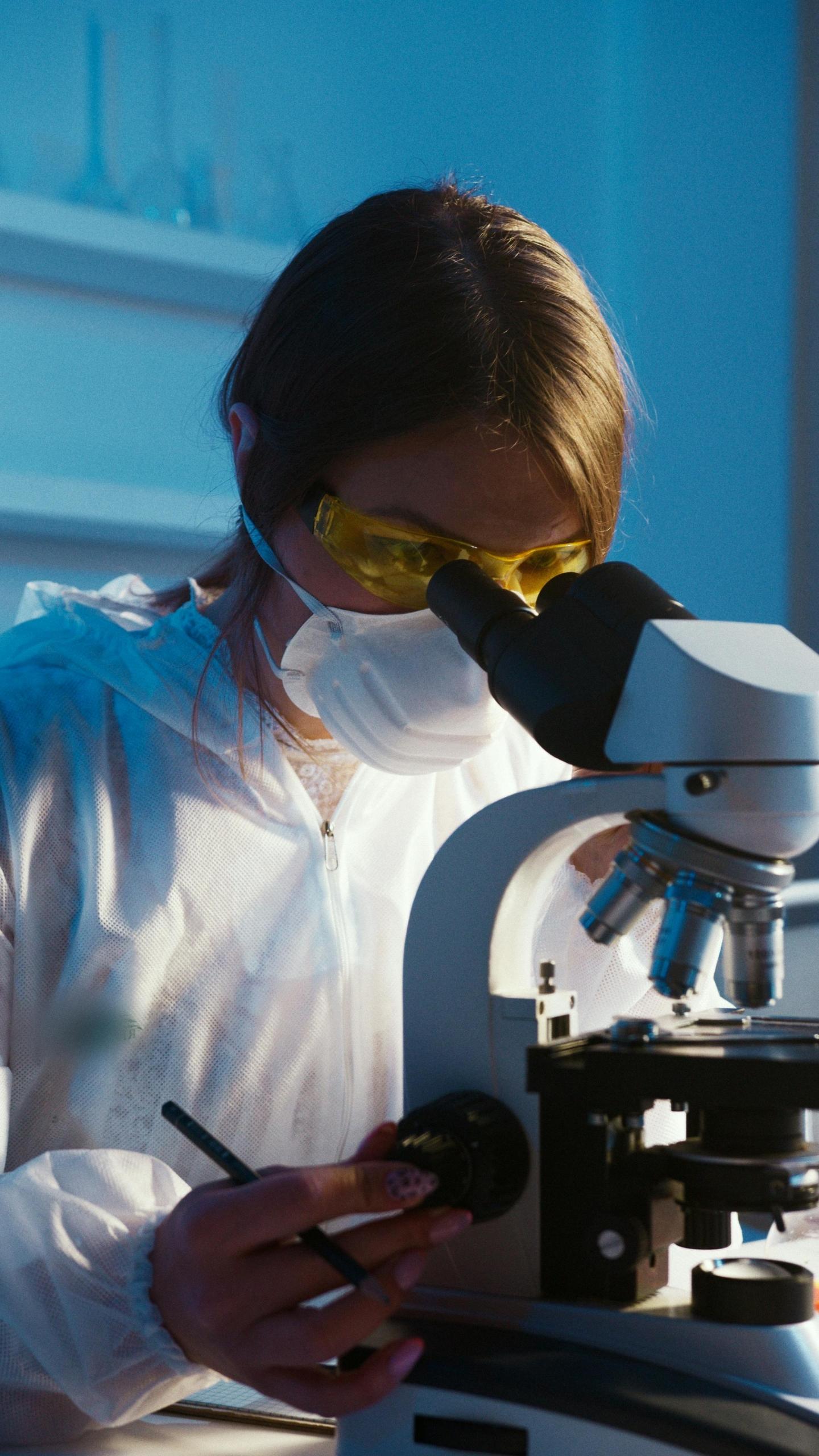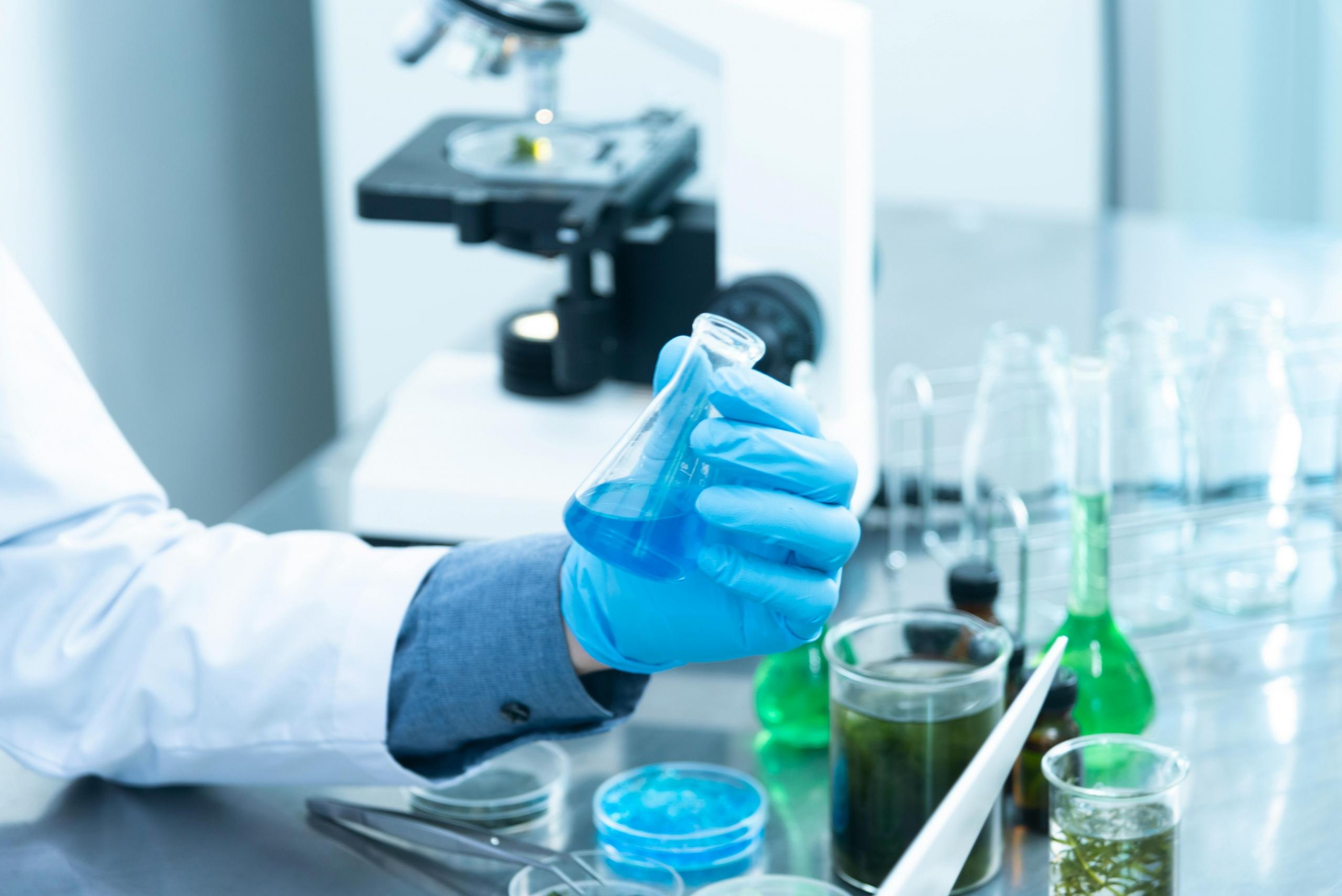They say if you’re going to do something, you best do it right. If you have aspirations of studying chemistry after you finish secondary school, then Imperial College London is one of the best places you could go about your next steps with the subject. The college is at the forefront of every chemistry student's mind during the decision-making process, not just here in the UK but also beyond. Recognised as one of the world's top 10 institutions for chemistry education, it’s no wonder why the institution makes its way into the application of so many students across the country.
This piece explains everything you need to know about studying chemistry at Imperial College London. We’ll look at all aspects of the courses offered here so that you can make a more informed decision after your reading.

Imperial College Chemistry Programmes
Employers that look to take on chemistry graduates are often on the lookout for those who have experience in the lab. This is one reason Imperial College London's Department of Chemistry stands out, as its programmes spark scientific curiosity while building key practical skills. The Chemistry programme takes you through a three-year trip to build core knowledge in inorganic, organic, physical, analytical, synthetic, and computational chemistry. You will develop practical research skills through hands-on lab work that teaches chemical synthesis and experimental measurements. The University of York's chemistry programs provide even more options for you to consider when studying the subject.

MChem
The MChem (Integrated Master's) program is one of the most commonly opted-for chemistry courses offered at ICL. The course extends to four years and provides students with the advanced research experience that is so highly sought after in the contemporary jobs market. The final year of the program also provides the opportunity to conduct independent research projects at the state-of-the-art Molecular Sciences Research Hub while incorporating industry 4.0 methods like rapid prototyping and machine learning.
Specialised Chemistry courses
You could say that one of the unique selling points of ICL’s MSc programmes is that they cater to specific interests. The Digital Chemistry with AI and Automation programme is a great example of how the college caters to interests within the subject of chemistry while answering the needs of an evolving industry. For students interested in drug development, you also have the option to study the Medicinal Chemistry pathway, while Chemical Engineering blends principles from both fields.
Postgraduate Research
Imperial College London is also at the forefront of the minds of aspiring postgraduate chemistry students. There are few institutions that can hold a candle to the college's postgraduate research opportunities and the world-class facilities that ICL postgraduate students have at their disposal. The research themes you can engage with as a postgraduate range from Chemical Biology and Healthcare to Environmental and Green Chemistry.

By coming out the other end of any of these courses, not only will you have developed your subject knowledge through an expansive range of modules, but your degree will hold significant merit.
The Royal Society of Chemistry accredits all of the institution’s programmes, making your degree globally recognised.
The cherry on the cake is that all graduates from ICL also receive the prestigious Associateship of the Royal College of Science (ARCS), which makes your qualifications all the more impressive!
Imperial College London Chemistry Entry Requirements
The downside of ICL’s chemistry courses being so attractive is that earning a place can be extremely competitive. This means that the entry requirements you’ll need to meet in order to be successful in the application process are rather stringent, demanding a level of excellence across the board.
For starters, you’re going to need strong abilities in chemistry and mathematics for undergraduate programmes. The standard A-level requirement ranges from AAA to A*AA, with A*AA being typical. Chemistry and mathematics are essential subjects, so there’s no way to earn a top grade in these subjects. In order to maximise your chances, you should consider taking Biology, Physics, or Economics as your third subject.

Students from far and wide set themselves to the task of earning a place at ICL. For those coming from overseas, you’ll need 38-40 International Baccalaureate points overall, with a score of 6 or 7 in Higher Level Chemistry and Mathematics.
Of course, your A-level grades aren’t going to matter as much when you progress further in your education and look to study the MSc program. In order to be successful in your application to a chemistry master at Imperial College London, you’ll need a 2:1 honours degree in chemistry, biochemistry, or chemical engineering.

Application Process for Chemistry at Imperial College London
In order for you to put your best foot forward and maximise your chances of landing a place on one of the college’s chemistry courses, you’re going to want to get to know the application process inside and out!
The first thing you’re going to want to know is that Imperial College London uses a detailed two-stage system to select the best candidates for their chemistry programmes. Chemistry programs at Oxford are likely at the top of your list when it comes to potential next steps too!
The Department of Chemistry has a 24% offer rate, in which 1 in 4 applicants to this programme receive an offer.
You need to submit your application through the UCAS Hub by January 29, 2025, at 18:00 (UK time). While your grades are going to play a substantial role in the level of consideration that will be given to your application, they aren’t the ‘be all and end all’ of the application process at ICL, as your predicted grades, personal statement, and references will also be considered when determining your suitability as a candidate.
Those who have satisfied the admissions board’s criteria will advance to the second stage of the application process, which involves a 20-minute online interview. This is an academic discussion that will look at your passion for chemistry and assess your ability to solve problems.
The department receives over 1,500 applications each year, with six students competing for each available spot.
This should give you some idea of the level of competition you’ll be up against and why it’s important to separate yourself from the crowd.
If you complete your application to ICL and complete the interview, you can expect to receive an email by the middle of March about whether or not you’ve been successful.

Scholarships Available for Chemistry Students
Imperial College London is an institution that provides a standard of education that is unmatched even by some of the best chemistry universities across the UK. This standard comes with a hefty price, but the college makes an education in chemistry more accessible with the range of scholarships it provides its students.
One of the most well-known of these supports is the Chemistry Liversidge Scholarship, which gives students £2,500 each year when their household income is below £40,000. This is a helping hand that is more than welcomed by the students that avail of it, making an adjudication in chemistry that bit more accessible.
The support also extends to doctoral candidates who find great value in the Department of Chemistry PhD Scholarships that cover all fees and provide a stipend at the UKRI London rate over a 3.5-year research period. You can imagine the kind of impact a scholarship like this can have on the life of a student, making their education more attainable. International students can also explore funding options through Imperial's strategic collaborations with organisations like COLFUTURO and DAAD.
The tuition fees for a quality education can quickly get out of hand for students working to put themselves through an education. Not to mention the hidden costs associated with commuting expenses and the cost of living while dedicating so much of your time to study. This is why ICL’s scholarships can be so impactful in the lives of students and can help them shift their focus back towards what matters most: pursuing their chemistry degrees and getting on track for their dream careers in the subject. Make sure to have a look at the options provided across Bristol Uni's Chemistry programs.
Studying Chemistry at Imperial College London
Now that you know what’s on offer for aspiring chemistry students at Imperial College London, you can make an informed decision as to what the best option for your desired career path is. Armed with the information needed to make a successful application and the scholarship options, you can also stack the odds in your favour and stand out from the competition.
A chemistry degree from Imperial College London means more than just academic achievement. No matter what level you intend to study Chemistry at, Imperial College London is regarded as one of the best places to study. The years dedicated to your learning at the college will be time well spent. You’ll have access to top-notch facilities, expert faculty and innovative courses that offer a mix of theoretical knowledge and practical skills in chemistry of all types.
By adding a degree from ICL to your resume, you’ll be launching your transformative scientific career. Your education will allow you to excel across leadership roles in academia, industry, or research. The sky is the limit!
Summarise with AI:















